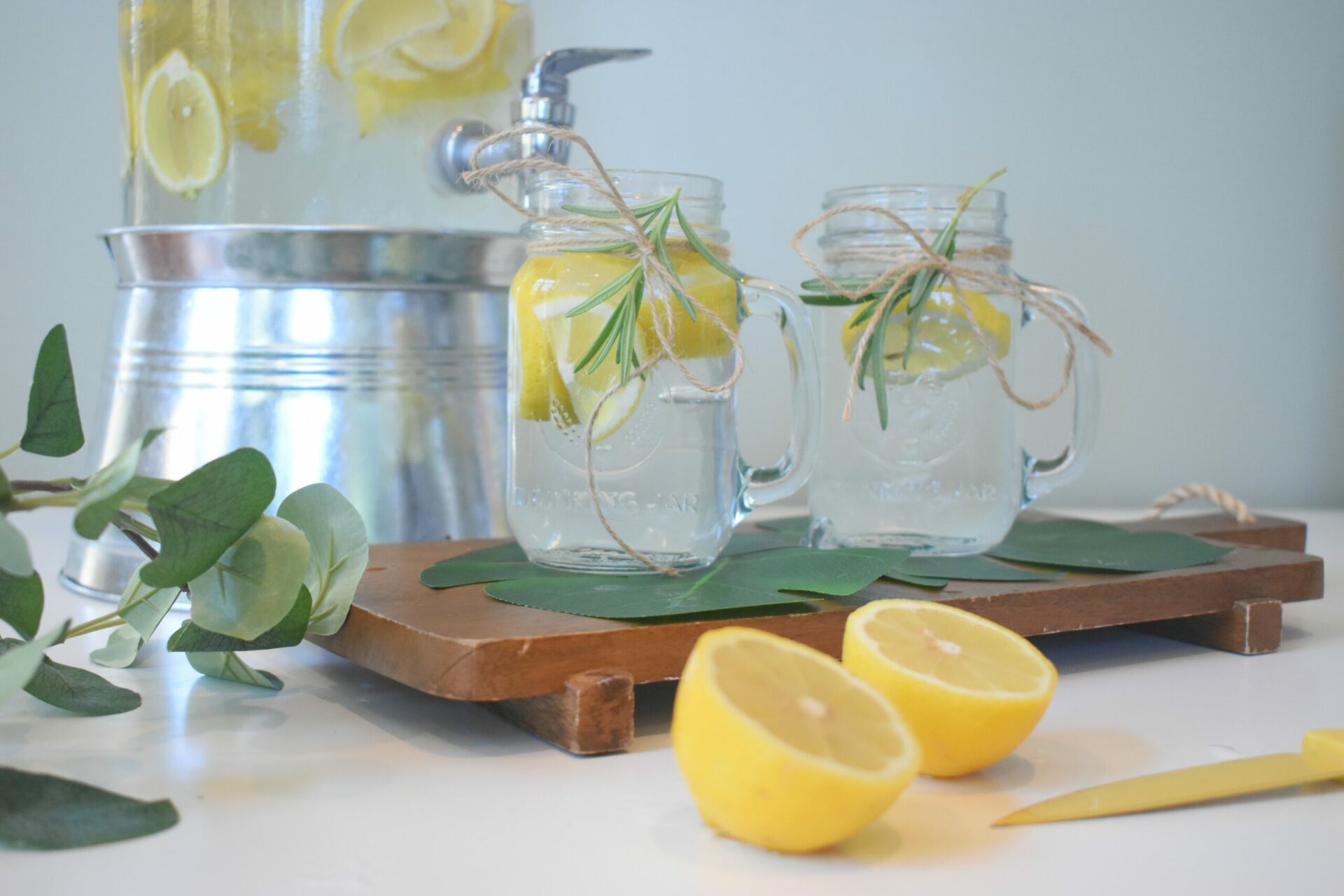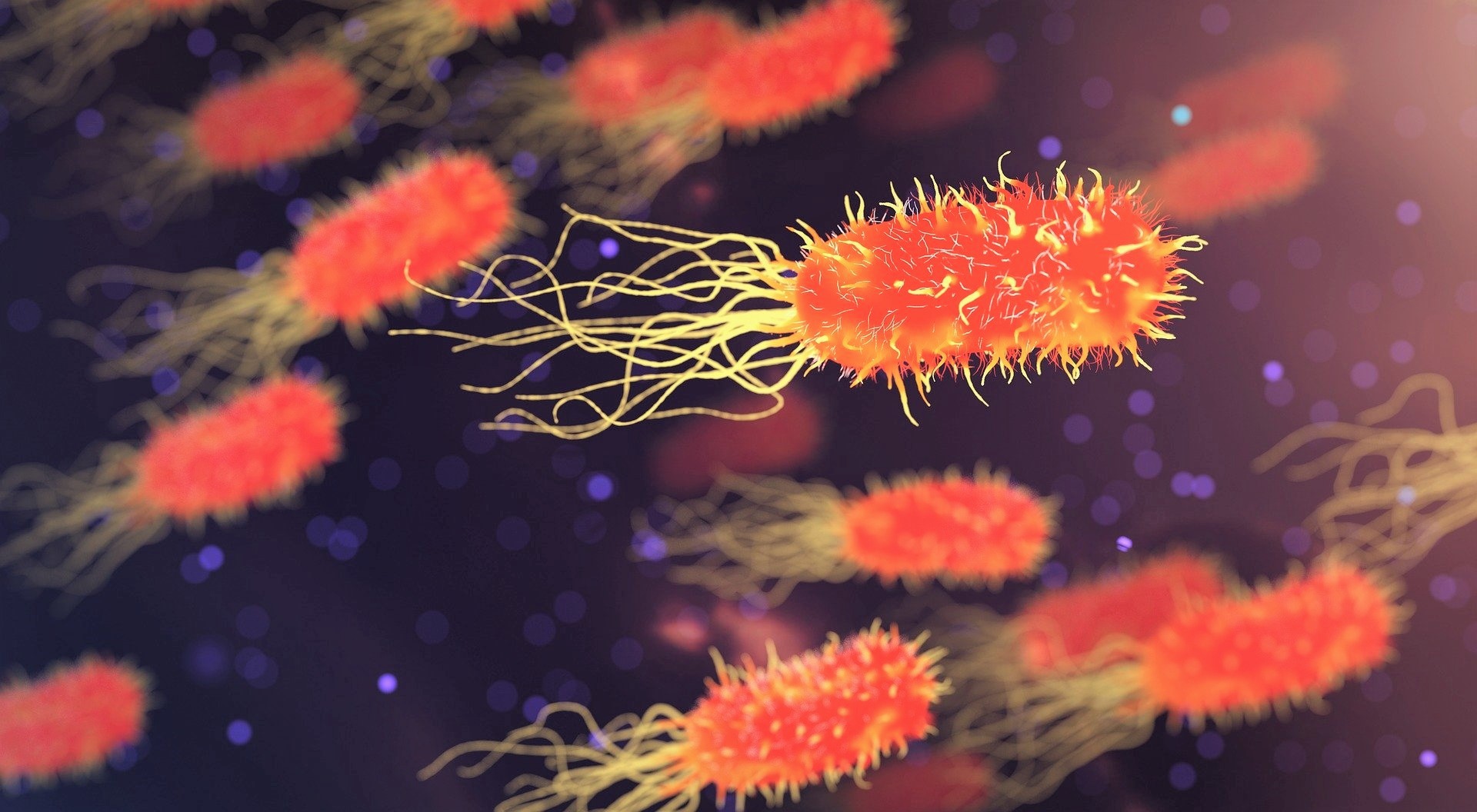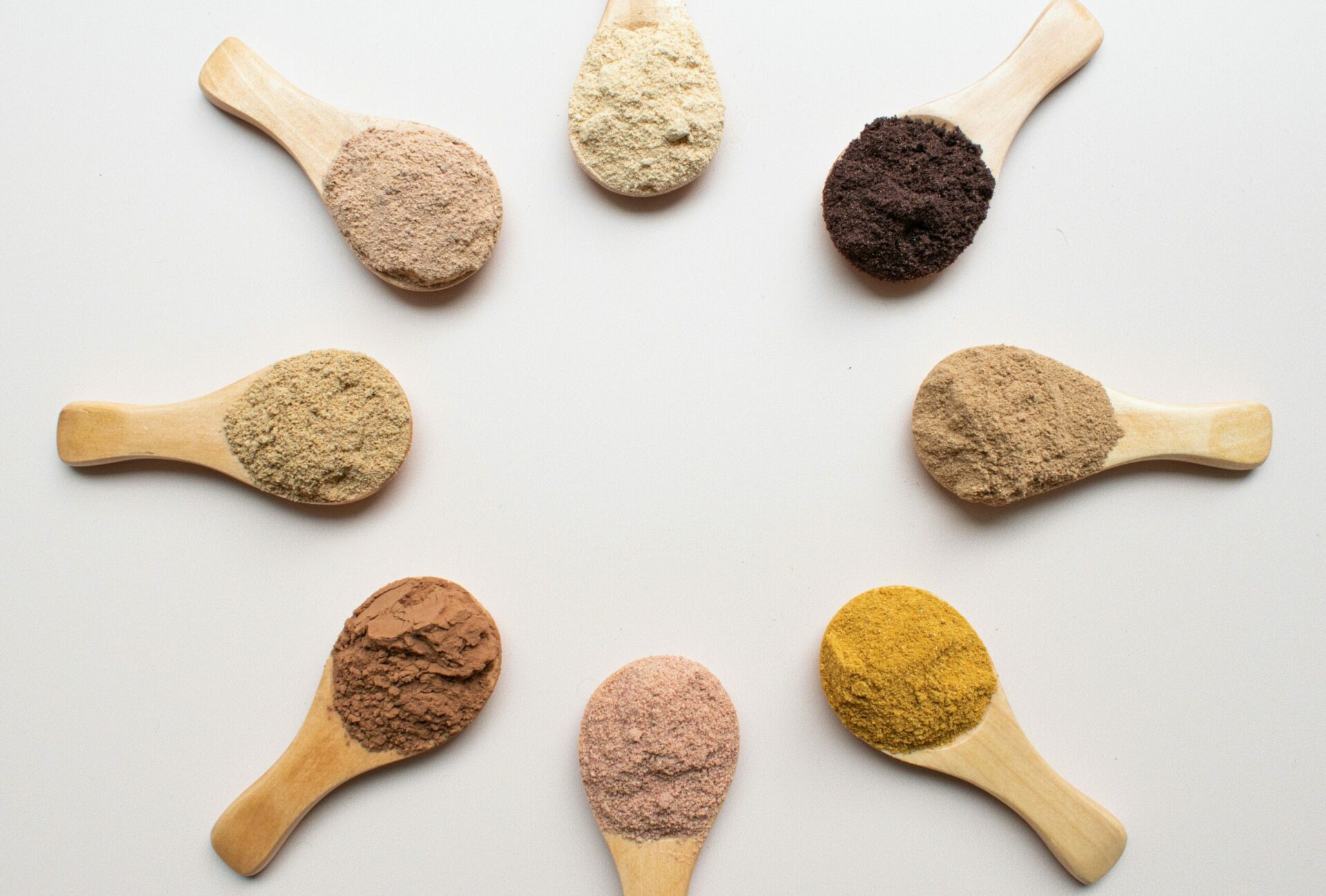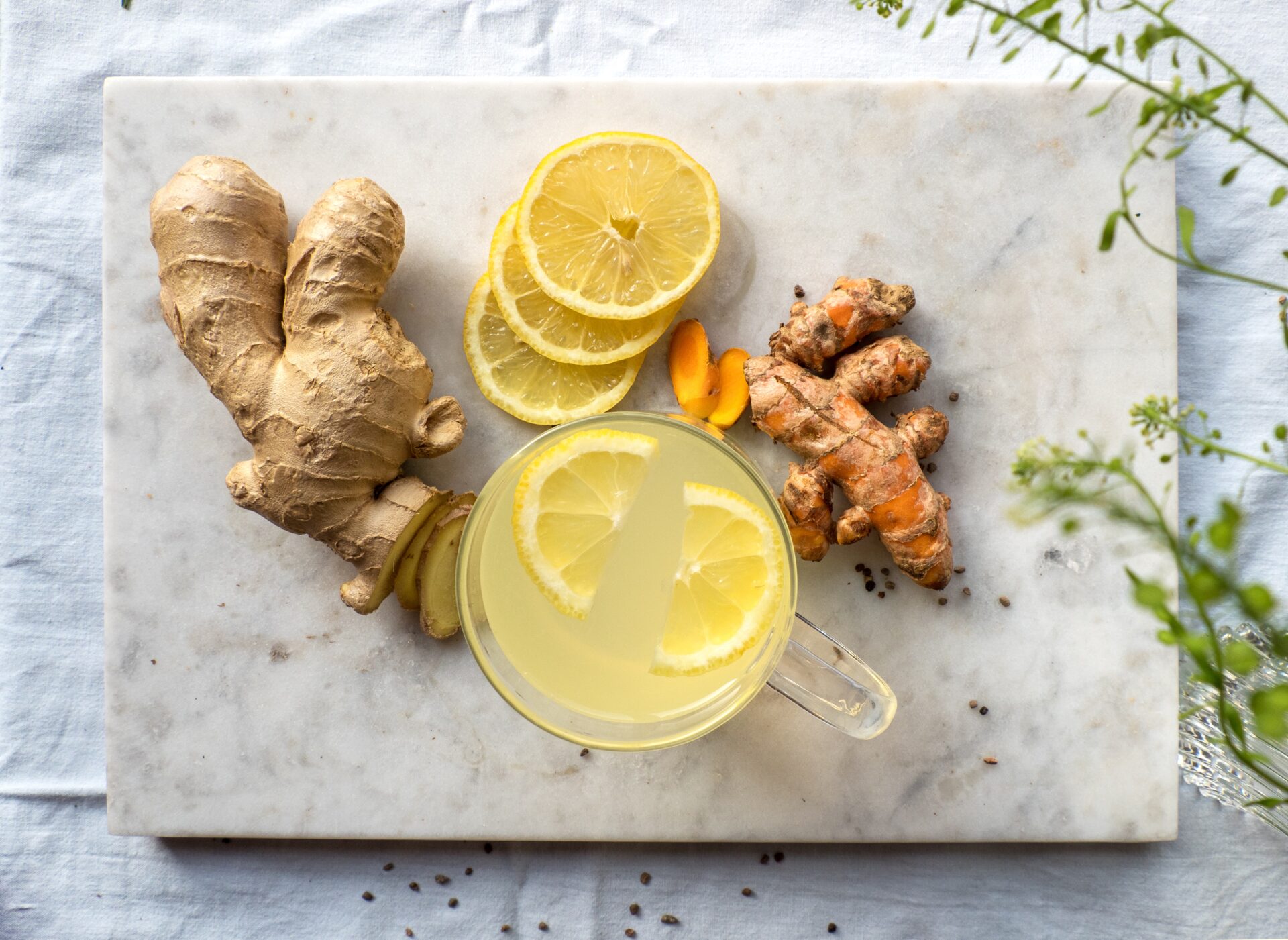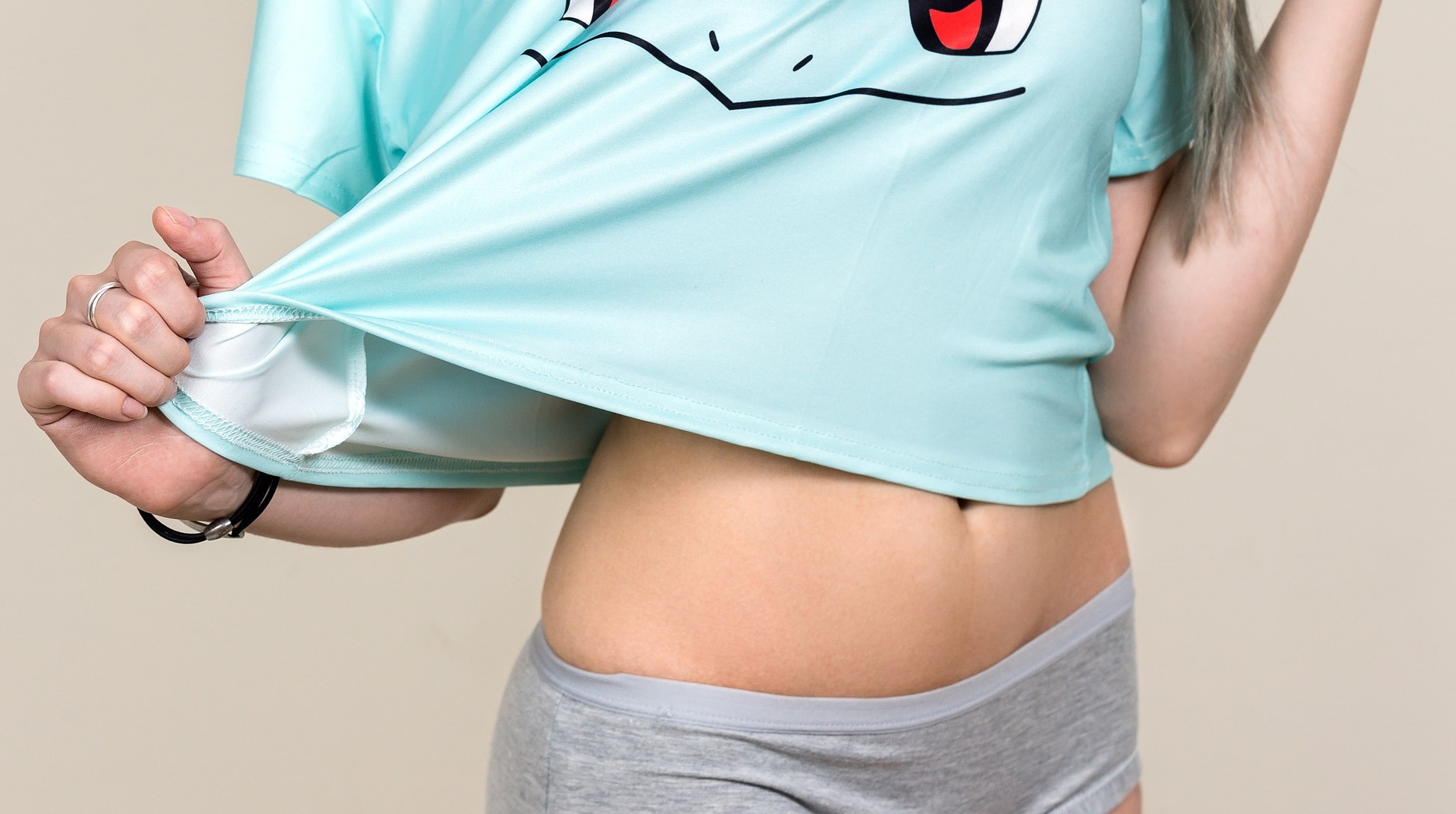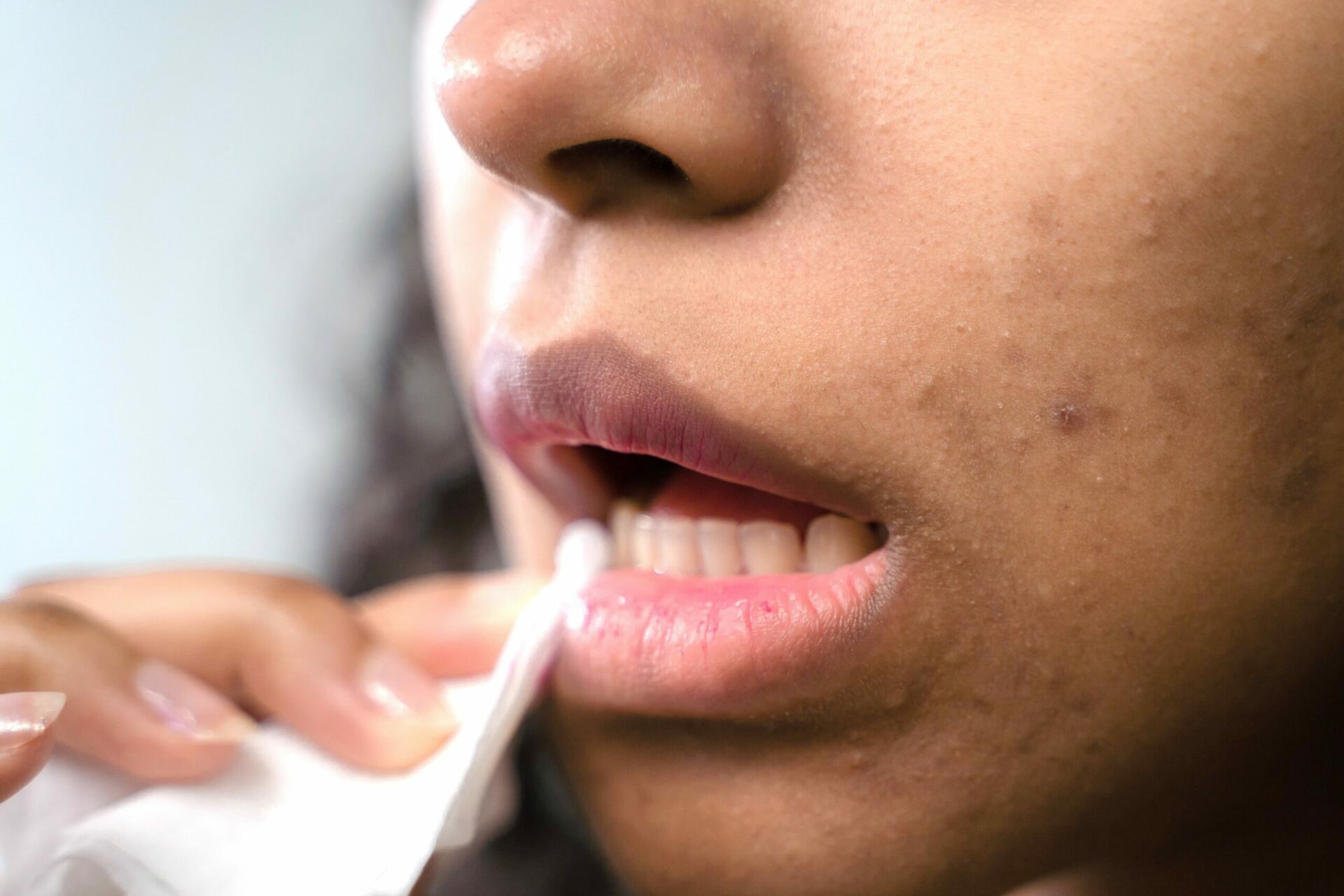Whether dizziness, Headache & MigraineEye flickering, malaise, nausea or even fainting - for many people, heat causes circulatory problems. Why high temperatures stress the body, what you can do against heat-related illnesses and how you can prevent them, you can find out here!
Why do circulation problems occur in the heat?
Due to the high temperatures, sluggish air movement and humidity in the summer, in addition to fatigue or sleep disturbances, circulatory problems can occur. The fact that circulatory problems occur in the heat is mainly related to the cooling system of the body. This works continuously to maintain a constant body temperature of about 37 degrees Celsius. To cool the body and release excess heat, the blood vessels dilate in the process. This leads to low blood pressure (hypotension). Likewise, a lack of fluids can lead to low blood pressure.
If blood pressure suddenly drops too low, the brain is no longer supplied with sufficient oxygen and dizziness or weakness, headaches, eye flickering, concentration problems and/or nausea occur.
First aid for heat illnesses
Have you been in the sun too long and failed to notice the signs of heat illness early on? Here you will find the first measures that should be taken in case of heat illness.
Sunstroke
Description: In sunstroke, the heat radiation from sunlight has irritated parts of the meninges or brain tissue. Typical signs are severe headache, neck pain, neck stiffness and a red, hot head.
First aid: get out of the heat: the person must immediately lie down in a shady, cool place. Keep the head elevated. The head and neck should be covered with damp, cool cloths.
Heat exhaustion
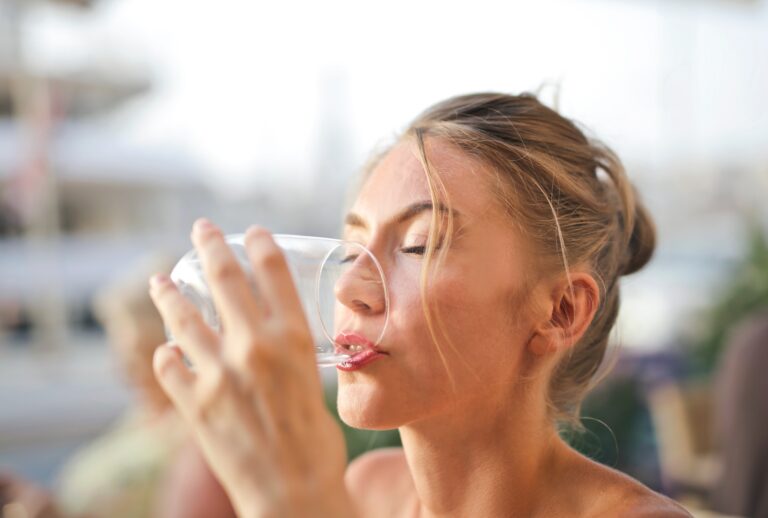
Description: Heat exhaustion is caused by the heat-induced excessive loss of mineral salts (electrolytes) and fluid, which reduces blood volume. The body reacts with increased sweating, with dizziness, nausea and fever. In addition, chills and muscle weakness may occur.
First aid: To relieve the symptoms, the body should be cooled down slowly. A lukewarm shower or cool, damp cloths on the arms and legs can help. However, the most important thing is to get out of the heat! In addition, it is necessary to reabsorb electrolytes and fluids as soon as possible. If the symptoms persist, a doctor should be consulted!
Heat stroke
Description: Heat stroke is the most serious form of heat illness. It usually occurs on very hot or humid days. Those most at risk for heat stroke are young children, the elderly, and the chronically ill. Usually, heat stroke is the result of heat exhaustion and can be life-threatening.
Typical symptoms include initial confusion, clouding of consciousness and even unconsciousness. In addition, the pulse accelerates, nausea and vomiting may occur, and hallucinations may occur. In heat stroke, the body temperature usually rises above 40 degrees Celsius within a few minutes. This can lead to permanent brain and organ damage.
First aid: Quick action is required. The affected person must immediately be taken out of the heat and to a cool place. To lower the body temperature, the body should be cooled with damp towels. If possible, the person should be given something cool to drink and the pulse should be calmed. In addition, the upper body should be elevated. In any case, the rescue service should be notified!
Our top three tips to prevent heat illness:
- Drink enough: It is especially important to drink plenty of water on hot days. At higher temperatures, the body produces more sweat so that the excess heat can be released. As a general rule, drink about twice the recommended daily amount of 1.5 liters in hot weather.
- Avoid the blazing sun: Avoid the midday sun when it is very hot. Find a shady place or stay in cool rooms.
- Wear a head covering: To protect your head, neck and neck from direct sunlight, you should cover your head. The reason for this is that the sun's rays are not only dangerous for the scalp, but can also irritate the meninges under the skull and cause heat accumulation in the brain.
More tips
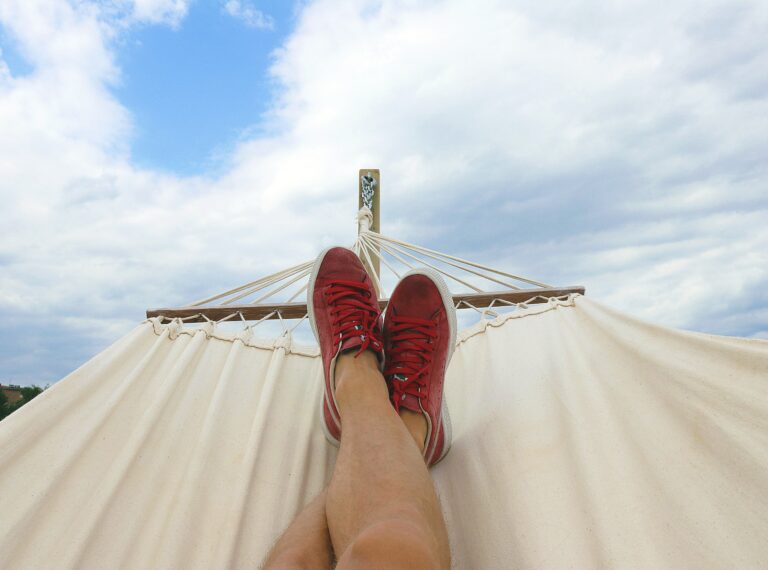
- Avoid strenuous activities
- Do regular alternating showers
- Eat light food
- Dress airy and loose



